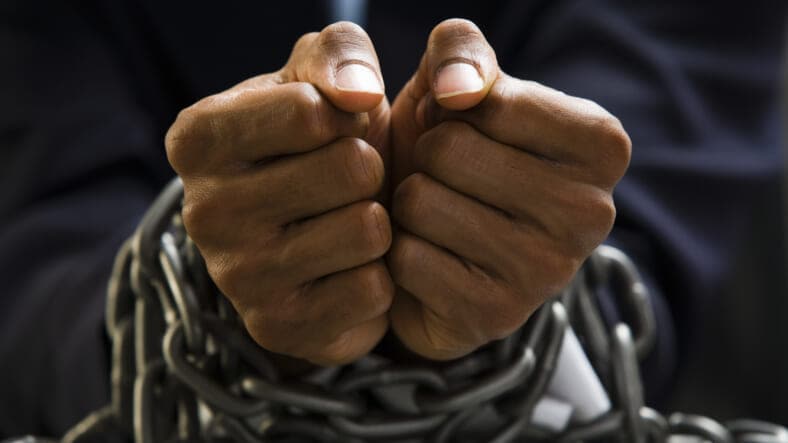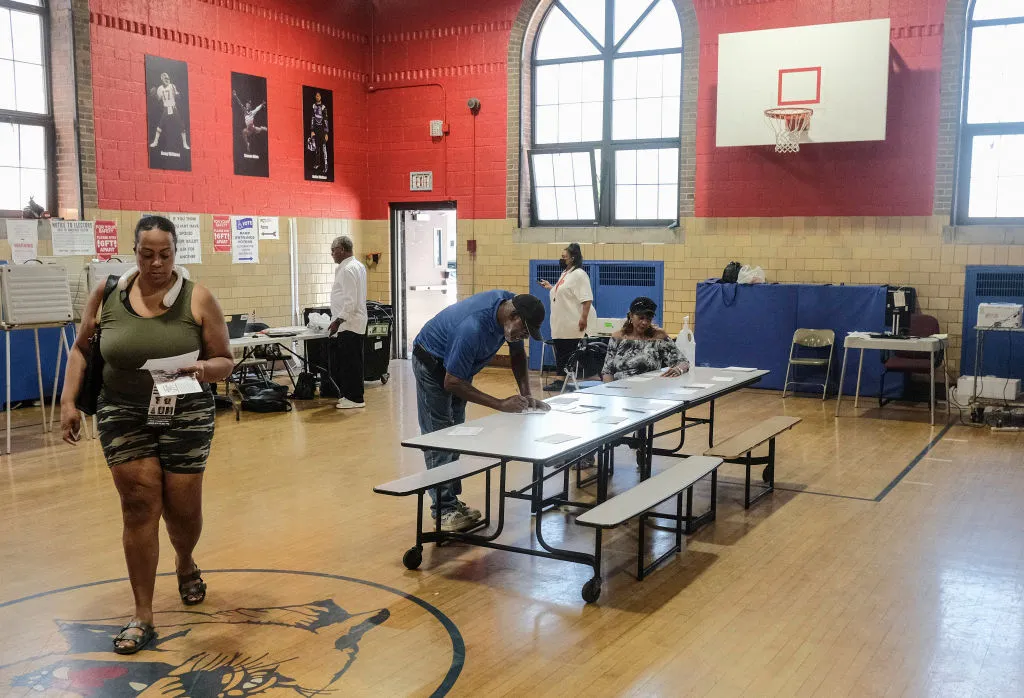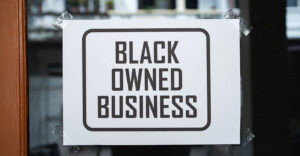The 5 States with Ballot Initiatives to Abolish Slavery in 2022

By: David A. Love
OPINION: The initiatives are meant to address the 13th Amendment loophole that allows forced prison labor more than150 years after the end of slavery.
It’s 2022, and five states have ballot initiatives to abolish slavery.
Yes, you read that right.
In the “land of the free,” the states of Alabama, Louisiana, Oregon, Tennessee and Vermont have an opportunity to vote to abolish slavery, as part of an effort by the criminal justice reform movement effort to end prison labor.
Read the not-so-fine print in the 13th Amendment to the U.S. Constitution to understand the problem. That amendment, which was ratified in 1865 and thankfully ended slavery for millions of Black people in America, has a loophole that amounts to a gaping hole if you care about criminal justice reform and ending prison labor: “Neither slavery nor involuntary servitude, except as a punishment for crime whereof the party shall have been duly convicted, shall exist within the United States, or any place subject to their jurisdiction.
That means forced labor with little to no pay is allowed by law and has been for over a century and a half after the end of slavery. And around 20 states have similar loopholes in their own constitutions.
13th, the 2016 Netflix documentary directed by Ava DuVernay, explored the “intersection of race, justice, and mass incarceration in the United States”—with a focus on the troubling language of the amendment. The film, which was a boost for the Black Lives Matter movement, shines a light on the ongoing criminalization of Black people by exposing the linkages between the 13th Amendment, Jim Crow subjugation and the prison industrial complex.
Under slavery, the slave codes criminalized enslaved Black people, controlled their movement and deputized white men to police the plantation, hunt them down and even kill them. Under the Jim Crow regime of racial terrorism and forced labor, vagrancy laws targeted Black people for prison for minor or imaginary offenses and funneled Black people into a convict-leasing system of free labor to build white wealth. It is no accident that prison farms in the South are former slave plantations. And today’s mass incarceration and drug war craze built on criminalizing and warehousing Black bodies has devastated Black communities.
In other words, slavery persists to this day under a different name. Today, in America, Black people are picking crops like their enslaved ancestors, in a nation with 5 percent of the world’s population and 25 percent of the world’s prisoners, disproportionately Black. And someone profits from that mostly free labor today, just as they profited back then. This election year, some states want to turn this around.
Voters in Alabama will have the chance to overhaul their state constitution and remove all references to racist language, including the following section: “That no form of slavery shall exist in this state; and there shall not be any involuntary servitude, otherwise than for the punishment of crime, of which the party shall have been duly convicted.”
Louisiana voters will decide on a proposed state constitutional amendment that “removes the exception allowing for the use of involuntary servitude as punishment for a crime.”
Oregon, with its troubling history of Black exclusion laws to keep Portland white, could reject language in its constitution allowing for slavery and involuntary servitude as criminal punishments. The Oregon ballot measure would also authorize an Oregon court or a probation or parole agency to order alternatives to incarceration at sentencing for those who are convicted of a crime.
In Tennessee, a ballot initiative would replace the current language in the state constitution “That slavery and involuntary servitude, except as a punishment for crime, whereof the party shall have been duly convicted, are forever prohibited in this state”—with new language saying “slavery and involuntary servitude are forever prohibited in this State.”

A ballot measure in Vermont would repeal language in the state constitution stating that “persons could be held as servants, slaves, or apprentices with the person’s consent” or “for the payments of debts, damages, fines, costs, or the like” and add language that “slavery and indentured servitude in any form are prohibited.”
Since 2018, Colorado, Nebraska and Utah voted in favor of similar ballot measures. And efforts are underway in California, Florida, New Jersey, Ohio and Texas to allow their voters to decide on similar items.
On the federal level, the Abolition Amendment before the Senate Judiciary Committee would amend the U.S.
Constitution to say, “[n]either slavery nor indentured servitude may be imposed as a punishment for a crime.” The legislation has not made any progress.
Ultimately, the nation with the highest incarcerated rate in the world cannot continue to claim itself as a democracy unless it addresses its past and present-day enslavement.
“The United States cannot in good faith confront the legacy of chattel slavery while still permitting vestiges of that economy to persist,” said Simeon Spencer of the NAACP Legal Defense Fund. “Dehumanization allowed for the evils of chattel slavery. Dehumanization allows slavery and involuntary servitude to continue under the guise of a carceral state.”
Abolition is on the ballot, and this is real, not symbolism. The outcome of these ballot items will be proof yet again that elections do matter. And Black people must be liberated in the era of mass incarceration and the New Jim Crow.








